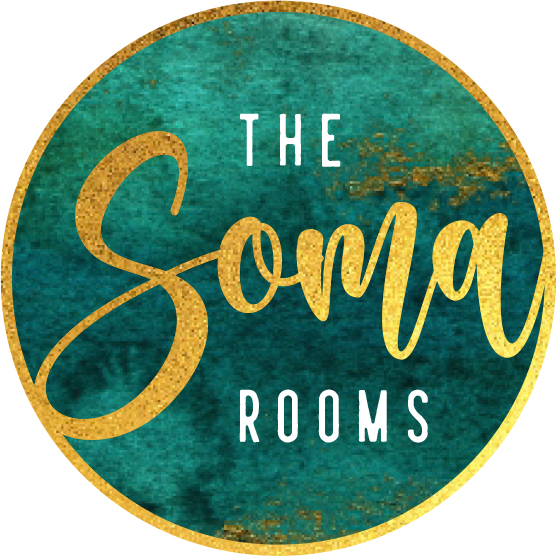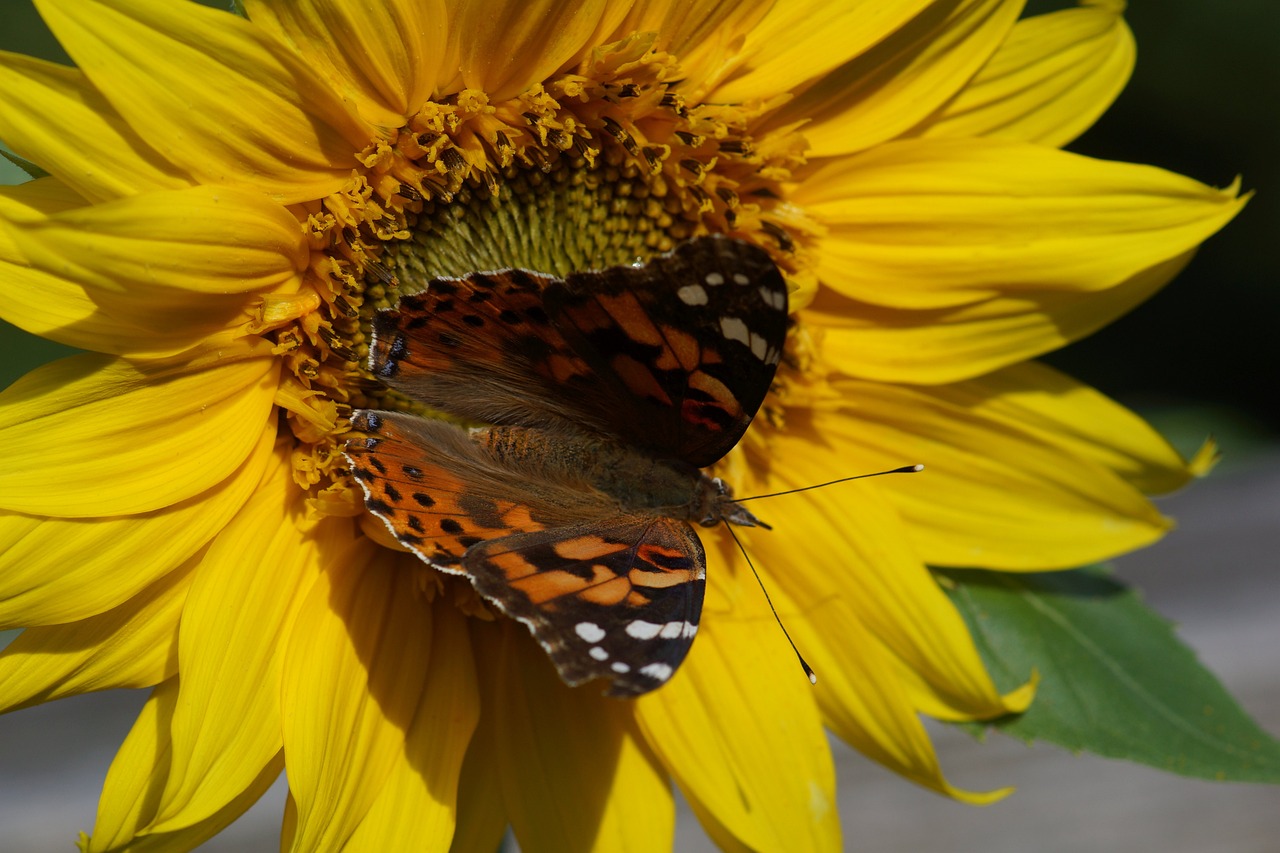Reclaiming Authenticity
Here in the northern hemisphere, amidst the clamour of birdsong and buzz of pollinators, we have arrived into the fullness of summer; a celebration of light as life’s creative force and sustaining energy of the manifest world.
Cyclical wisdom reminds us that this is the relational phase of the year, an invitation to be our full flowering self and share the company of others. Yet I wonder how many of us feel able to simply be ourselves, perhaps compensating by over or under exerting our presence; perhaps we’ve done this for so long that we’ve lost or never gained sight of our authentic self.
As a lifetime student of both spirituality and psychology, I have a preoccupation with the question these paths share, who am I? In his book The Myth of Normal Gabor Mate writes ‘to know what kind of beings we are, is to know what we need in order to be those beings to the fullest’.
From birth our human need for safe connection with others is as vital as oxygen is for our lungs, hard wired through the vagus nerve we have an expectation for safe, loving connection through touch, gaze and voice, shaping our behaviour to get it.
A young infant experiences life entirely through the body, imprinting patterns of relationship on the nervous system and right brain hemisphere, creating a subconscious blueprint which will continue to shape behaviour and expectations of all significant relationships throughout life, unless consciously changed. Even with good enough parenting, all infants will face the intolerable fear of rejection by their caregivers and sensing what is explicitly and implicitly welcomed or not, the infant shapes it’s wants, needs and expectations accordingly. Mate writes ‘its sobering to realise that many of the personality traits we have come to believe ‘are us’ and perhaps even take pride in, actually bear the scars of where we lost connection of ourselves way back when’.
Author and psychotherapist Susan Thesenga describes the purpose of both psychological and spiritual work is to ‘steadily expand the boundaries of self, to integrate more and more of who we are in order that we may develop a more reliable basis for our self esteem’. In order to do that, what we need is a positive experience of safe relationship, one that offers a non-judgemental, compassionate acceptance of our being. This is the essence of the therapeutic relationship and I can attest to its healing power, yet it can equally be the gift of a good friendship, someone who see our virtues and flaws and love us because of them.
Marianne Williamson’s quote “our deepest fear is not that we are inadequate, our deepest fear is that we are powerful beyond measure” arises out of spiritual understanding that we are unique expressions of Universal spirit, each perfect and magnificent. If our human experience however is that we are flawed and imperfect these spiritual and psychological states may feel at odds but I wonder if it’s not holding their paradox that may liberate us to express our undefended self.
There’s no such thing as a late bloomer and so it’s never too late to reclaim yourself, each flower opens according to its season. My wish for us all is that when we hear the internalised voice saying ‘who are you to be brilliant, gorgeous, talented, fabulous’ we meet it with the answer ‘who am I not to be!’
We do not need to be perfect, but we do need to be ourselves.
Ali ROSE is a Registered Somatic Therapist, combining talking, clothed touch and movement to support you physically, emotionally and psychologically. Recognising body and mind as inseparable we give space to what the body knows and support the body-mind integration of life experiences. Click HERE to find out more about her individual therapy work.


